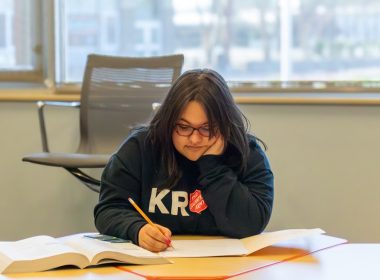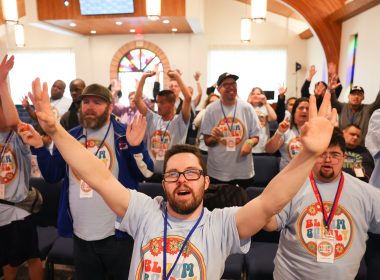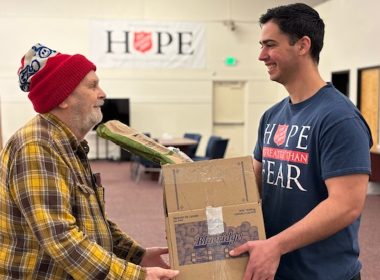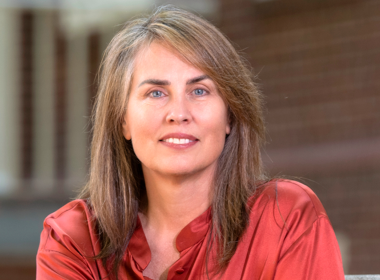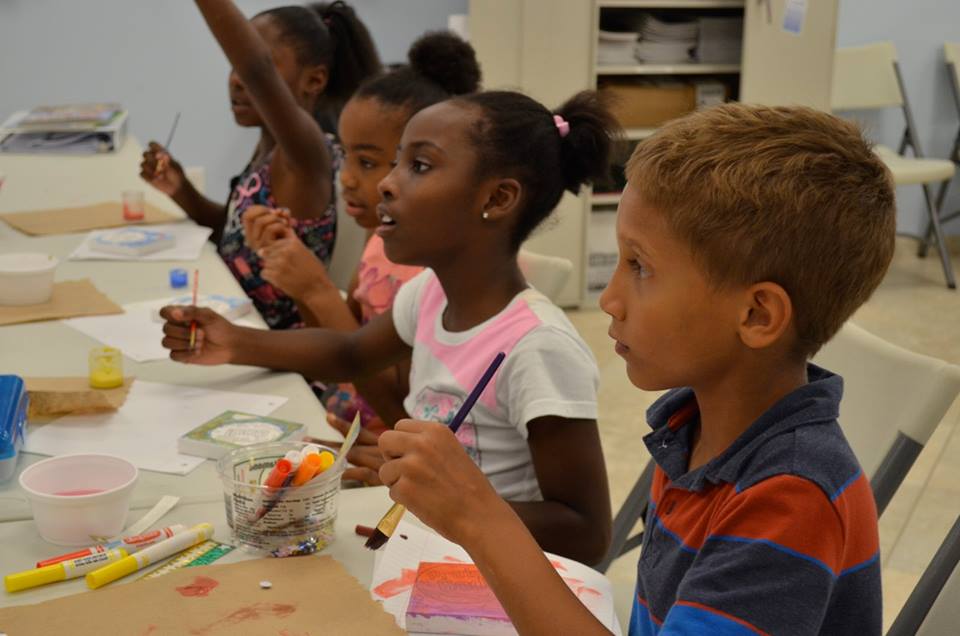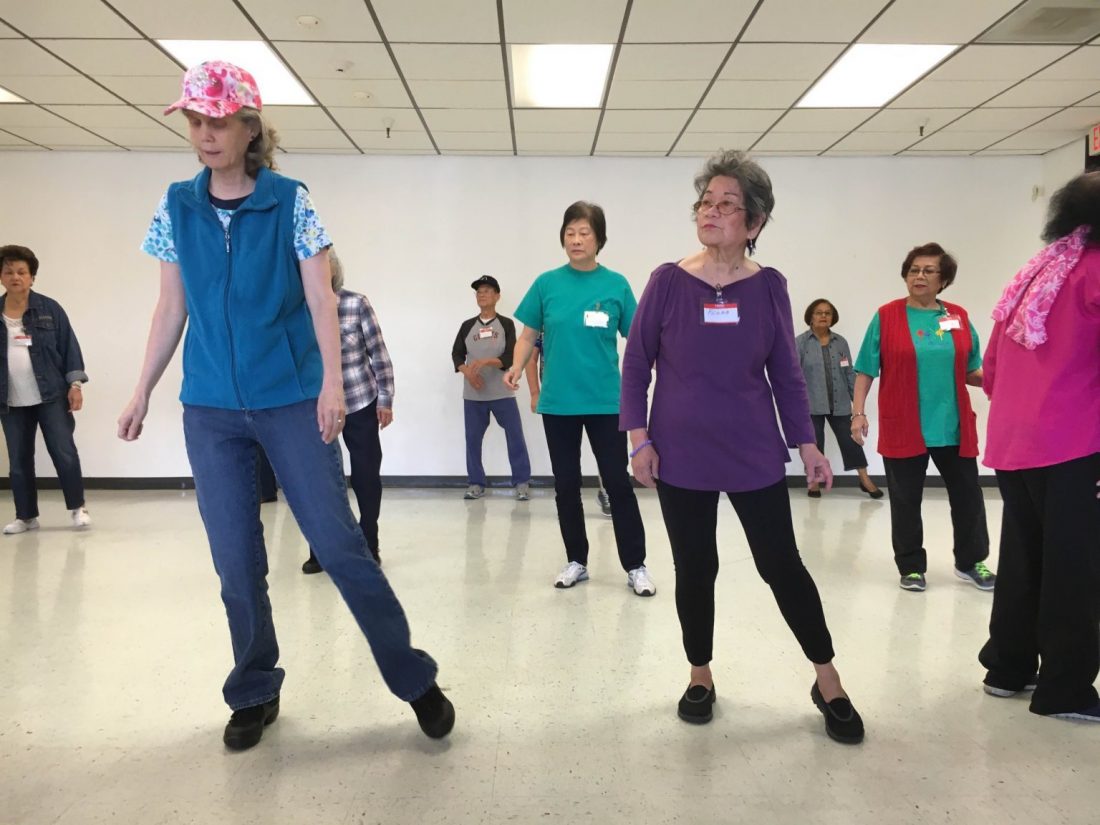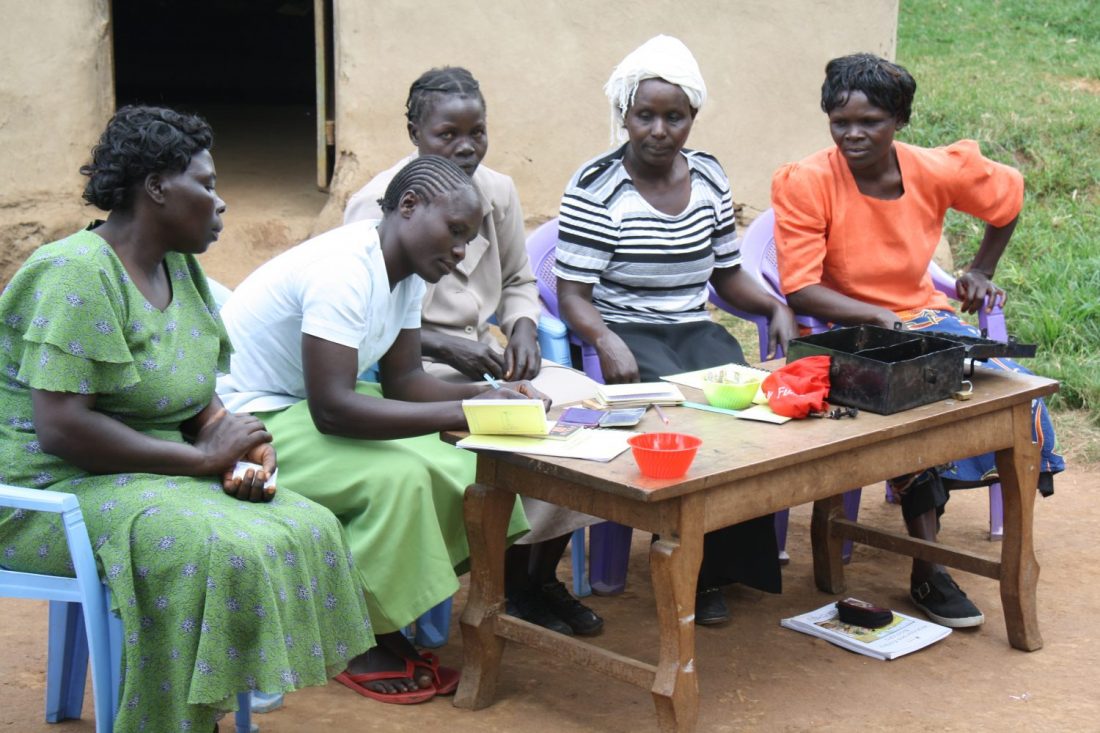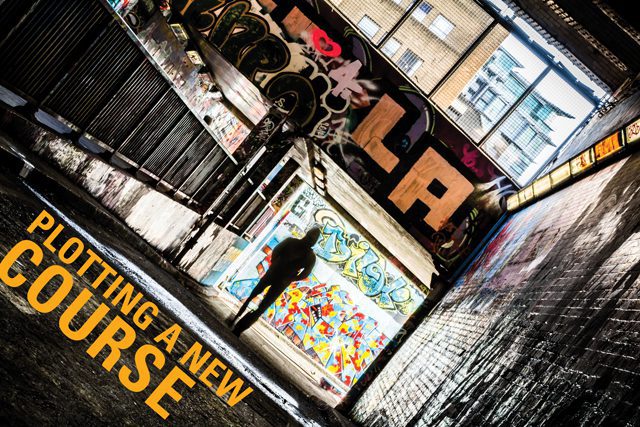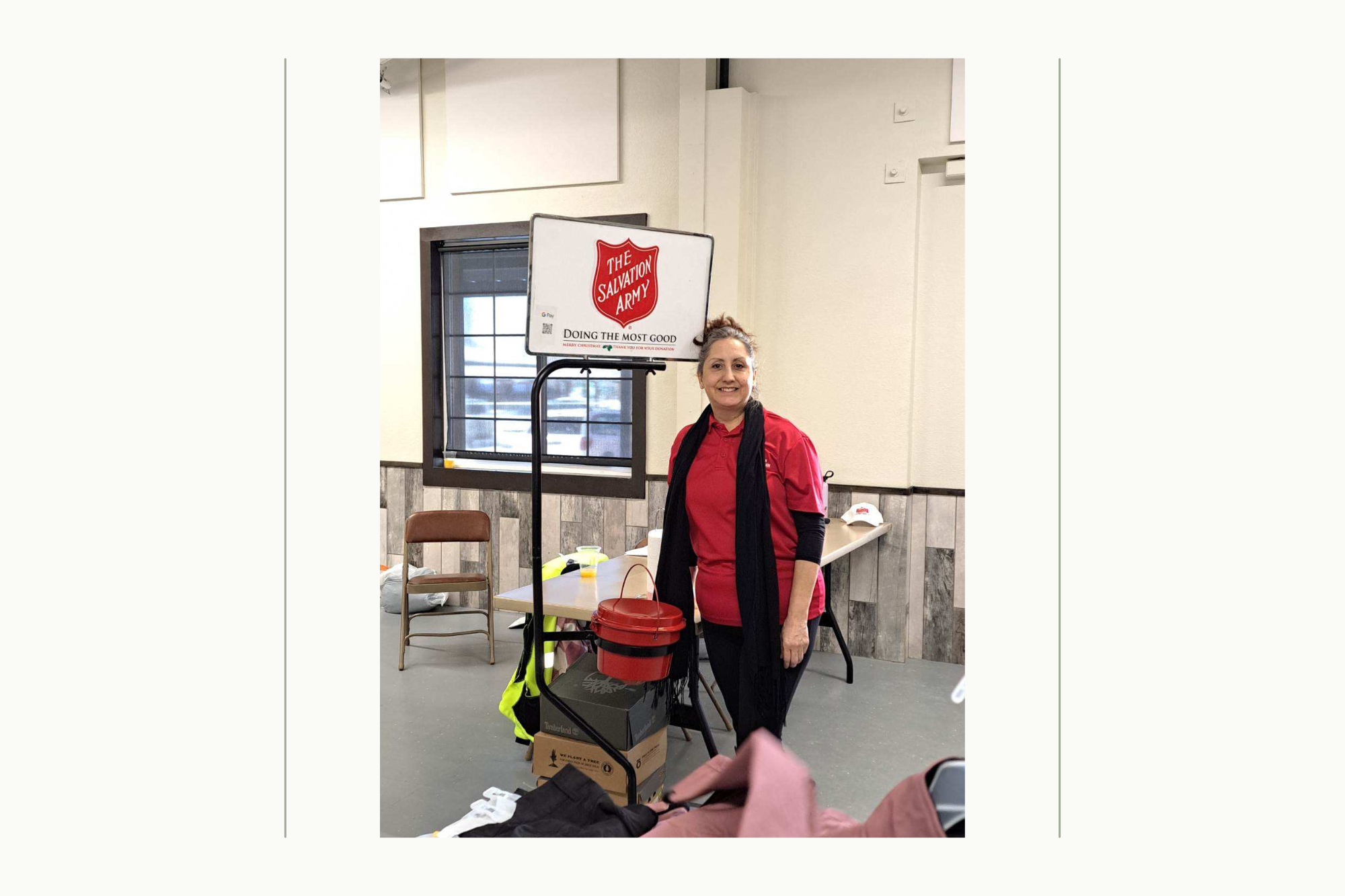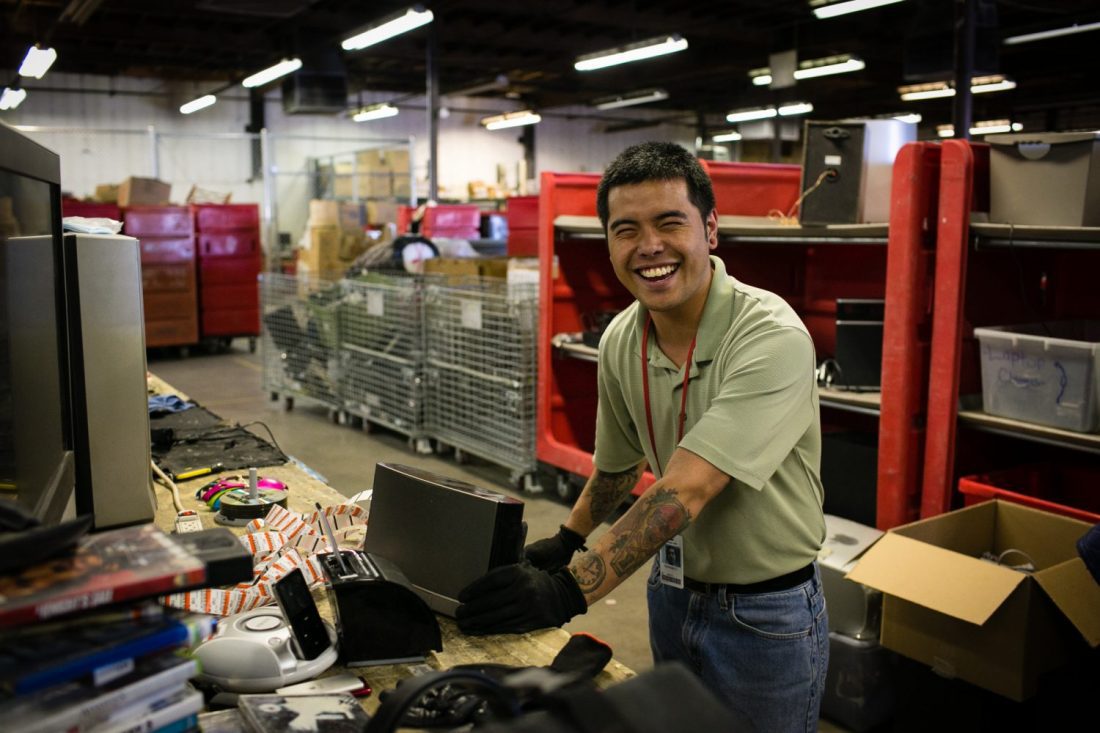Liz Golden finds it hard to plan for her and her son’s future.
The single mother who struggled with addiction wants Geovani, 5, to have a good education, a stable home and positive life experiences. But planning long-term seems impossible when there are so many unanswered questions in the immediate future.
“I have no clue what’s going to happen in five years,” Golden, 28, said. “I can’t even guess at this point. But I know the future’s hopeful.”
That sense of hope comes from Golden’s and Geovani’s participation in the Sarasota Salvation Army Emerge program. Part of The Salvation Army’s greater Pathway of Hope program, Emerge is a youth component that aims to support stable living, enhance learning and allow the experiential living that leads to social mobility, said program founder Major Ethan Frizzell.
By taking a two-generation approach, Emerge recognizes that parents and children experience the same crisis differently.
Every Wednesday night, families gather for what would traditionally be seen as a mid-week church meeting. The evening starts with a meal prepared using only fresh ingredients. From there, families split into different sessions. A parent class focuses on housing and income stabilization, while children go into youth and character programming.
“For them, it just feels like they’re coming to a church building,” Frizzell said. “You’re removing the labeling of ‘poverty’ and ‘poor’ and ‘broken,’ and saying, ‘Come on in!’ It’s welcoming.”
Much of the conversation about poverty nationally now includes evaluating how its stresses inhibit the development of these skills in children. The concept of “total inequality” has started to enter the mainstream: looking at poverty not merely as income equality, but also the sum of the financial, psychological and cultural disadvantages that come with it.
Research conducted at Princeton, Harvard and the University of Warwick shows that low-income people struggling with financial problems live in a constant state of anxiety. Consequently, they are more likely to perform poorly on cognitive tests, working under a mental burden that’s the equivalent of losing an entire night’s sleep.
“If you have fear as a child, it actually can delay learning,” Frizzell said. “So how do we remove fear and create opportunity for learning?”
Thats where Emerge comes in. The program starts with creating stable relationships and then expanding social capital, or the concept of community and networks. Children in the program have prioritized access to The Salvation Army’s after-school program, homework assistance, team sports, game room and computer lab.
“You see this change from children running around and having this flight or fight response where they’re struggling to sit down for four minutes to a family that sits down and eats together and goes through the evening without issues,” he said. “It’s all about meeting kids where they are and saying, ‘how can we quickly get them caught up now that they’re not in fear?’”

